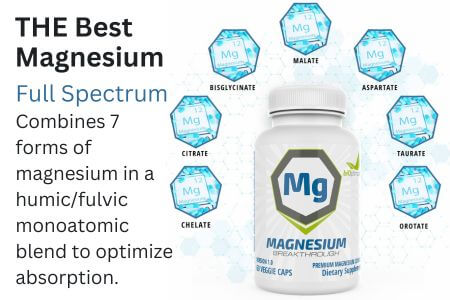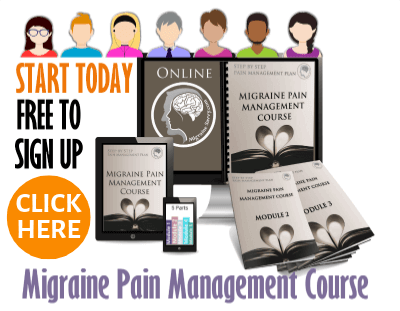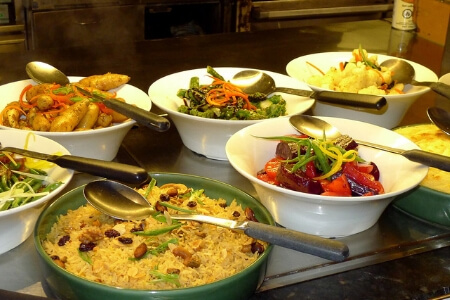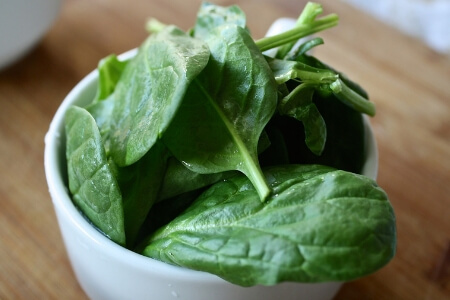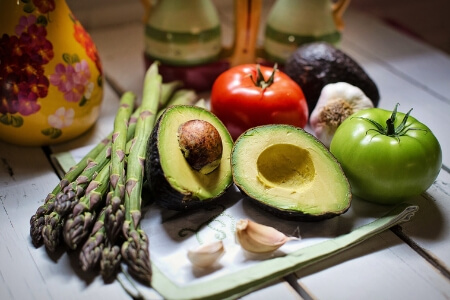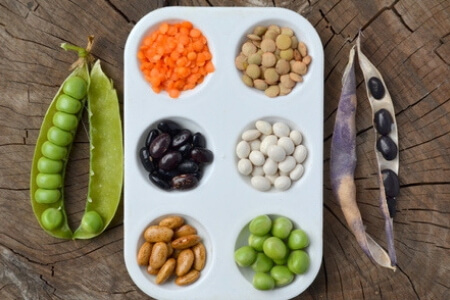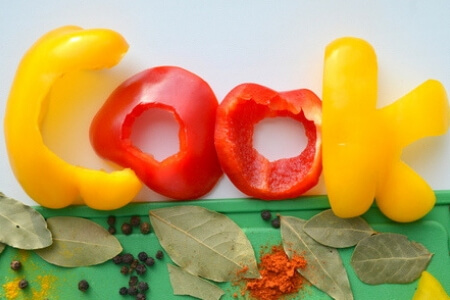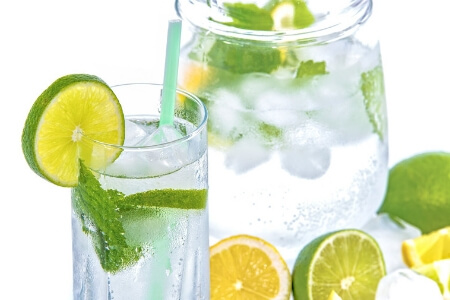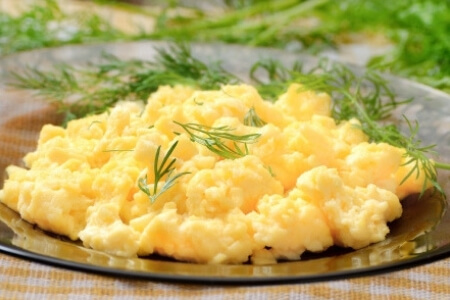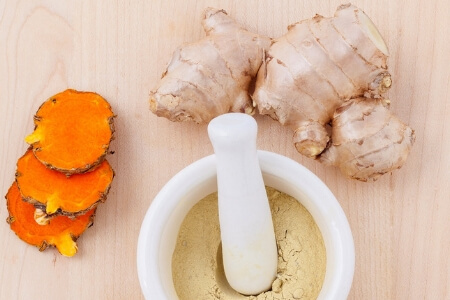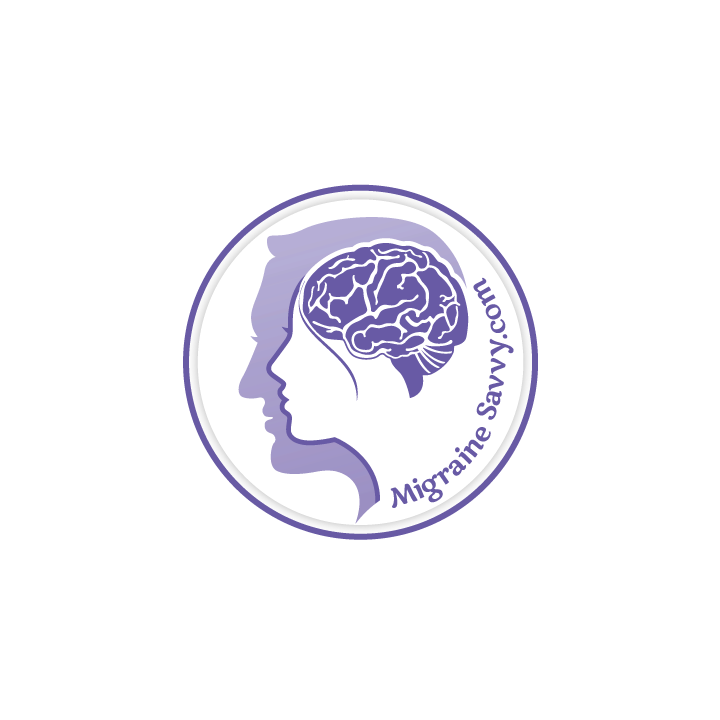- Home
- Food & Diets
- Migraine Headaches Nutrition
COMPLETE MAGNESIUM SUPPORT
My Top Choice - Magnesium Breakthrough - The ONLY supplement with all 7 essential magnesium types in one formula. Most only have 1-2 types, leaving you deficient.
Migraine Headaches Nutrition: How To Improve Your Diet
Getting specific facts on migraine headaches nutrition and diet can be quite a challenge, especially if you can't find a health practitioner that specializes in migraine treatments.
I studied nutrition for two years and then got more interested in Chinese Medicine, herbs and acupuncture, and food as medicine. And then counselling...
My passion for getting optimum nutrition and the power it holds to heal the body, has never left me.
I truly believe, that especially with a condition like migraines, that one of the only things you can control is what you put in your mouth.
And the quality of food matters.
Food is fuel.

Can your diet affect your migraine attacks?
Yes. Any food could be a migraine trigger for you and skipping meals and not drinking enough fluids, may also be problematic.
Too much sugar, food intolerance or allergies can trigger an attack. And different combinations of foods and triggers, amount consumed, and time can complicate things.
The foods you eat and beverages you drink contain compounds that can trigger an attack or make your headache worse. On the other hand, there are some foods that may help reduce the number and severity of your migraines.
We are going to look at those foods and a few things that make it all so complicated so you’ll have a better idea of what to do next.
In order for a food to be a migraine trigger, it must be a trigger 100% of the time.
~ Dr. Goadsby, Migraine World Summit
My #1 Choice in Magnesium Supplements
Why It's So Hard To Find Your Triggers
Factors that complicate things:
Combinations
Sometimes it's just one food and other times it can be a certain combination of foods.
And, sometimes foods may trigger you only when they are combined with other triggers. For example, when you are under stress or it's that time of the month (hormonal changes).
Amount consumed
Whether you get an attack from a food or beverage may depend on how much you consume. You might not have any problems with a small amount of cheese or wine, for example. But it might be a different story when you enjoy larger portions. [2]
Time to attack
You may not get a headache for several hours to several days (4 days for example) after eating your trigger food. This makes it more difficult to find the connection between your migraine attacks and particular foods or beverages. [1]
Your digestion
Adding to the complicating factors is how you are actually digesting your food. Migraine sufferers can struggle with poor digestion. The digestion does slow down during an attack so the body can deal with the attack.
Slow digestion during a migraine attack is called Gastric stasis, also called gastroparesis.
Low stomach acid can become a problem as we age too. Stomach acid is essential to the breakdown of vital nutrients and absorption of trace minerals that are crucial for good health.
You can help your stomach acid by drinking 1 to 2 tablespoons of apple cider vinegar, lemon juice, or lime juice before meals. If that sounds too horrible, I take Thorne brand Betaine HCL & Pepsin supplements before or during each meal.
Here Are My Recommendations:
As an Amazon Associate, I earn from qualifying purchases - affiliate disclosure.
You can also experiment with bitters or Swedish bitters to stimulate your digestive juices.
Now in order to improve your diet, there is one thing that is absolutely essential and that’s to keep a log or food diary.
How To Get Started Tracking Your Diet
If you want to improve your migraine headaches nutrition and diet, you need to have a starting point and a way to monitor changes and look for patterns.
Keep a daily food log
Everyone’s sensitivities are different when it comes to food and drinks. It’s impossible to remember what you ate 3 days before an attack… so it's essential to keep a daily food log. There are some great apps like Migraine Buddy you can use (join my mailing list for the simple one I use), or if you do it manually...
Make sure you:
- Write down everything you eat and drink
- Keep track of all suspected triggers - non-food triggers too
- Record when you have a migraine, the severity and what you take to stop it
- Eliminate any suspected triggers
"Most food triggers will cause a migraine within 6 hours. Over time, a pattern will appear, and you will be able to see what foods are causing your migraines. If you suspect a certain food is triggering your migraine, remove it from your diet for several weeks and see if the migraines stop, are less frequent, or are less severe. Foods should be eliminated one at a time." [2]
It’s a good idea to work with your doctor if you decide to start to eliminate a food or foods from your diet.
5 Tips To Improve Your Migraine Headaches Nutrition & Diet
A balanced diet with a focus on nutritious foods should help reduce the frequency and/or severity of migraines.
- Eat regularly throughout the day: the migraine brain loves routine, so schedule the same times for meals every day. This will help avoid low blood sugar levels which can trigger or make an attack worse.
- Eat carbohydrates in moderation: did you know carbs turn into sugar in the body? Eating large amounts of carbohydrates all at one time (a whole baked potato for example) can cause blood sugar levels to rise too high and then drop too low which can trigger an attack.
- Drink plenty of fluids during the day: dehydration can cause headaches so drink filtered water. Your kidneys require water to cleanse toxins and extra electrolytes out of the body. [2] More on staying hydrated below… this is really important.
- Remove sugar, gluten and dairy temporarily: you can do a full elimination diet or just start with removing these 3 foods for a month and see if that makes any difference.
- Be aware of non-food triggers too: things like fatigue, exercise, sleep deprivation, bright lights, head trauma, infection, menstruation and oral contraceptives. Try to minimize these triggers whenever possible.
Do not undervalue the potential of improving migraine headaches nutrition through making healthier food choices.
Foods That Should Help
Some of the following foods, and always in moderation, could help prevent or reduce attacks:
- Peppermint
- Cayenne pepper
- Garlic
- Ginger
- Fish oil [2]
Calcium-rich vegetables
- Spinach
- Kale
- Broccoli
Magnesium-rich foods
- Spinach
- Whole grains
- Black beans
Riboflavin-rich foods
- Dairy products
- Almonds
- Whole grains
- Eggs
- Soy
- Chicken
Tryptophan-rich foods
- Black eyed peas
- Turkey
- Pumpkin seeds
- Walnuts
- Sesame seeds
- Cheese
3 Time Tested Solutions
Here are some time-tested dietary measures to
help prevent migraine attacks:
Caffeine
"Eliminate coffee and decaf and other sources of caffeine." [3]
Once you have eliminated caffeine, you can use coffee as a treatment for your attacks. I used to have a short black and then go and lie down, or start to make it home. It helped quite a bit for years, until I became addicted to it.
I still love the smell of a good cup of coffee.
I've written more about using caffeine to stop an attack here - Caffeine and Migraine: A Gift or a Curse?
Eliminate chocolate, red wine (sometimes white wine, too), strong flavored cheeses, fermented foods (like soy sauce and Miso), sardine, anchovies, and pickled herring.
~ Dr. Andrew Weil
Feverfew
Take one or two tablets every day of the dried herb Feverfew (Tanacetum parthenium L.) as a preventative. Dr. Weil says it is "safe to take indefinitely" and is available at most health food stores.
Vitamin B2 Riboflavin
Many practitioners recommend taking 400 mgs of Vitamin B2
daily. Many studies have found this dose to reduce the frequency and
duration of migraine attacks, but I did not experience any benefit. As a
matter of fact, my skin was turning yellow after, who knows how long (18 months), before the doctor took me off it.
I was taking divided doses of 200mgs at breakfast and 200mgs at lunch. Many migraineurs have found this beneficial, so I think it's worth giving it a try.
There's good evidence to support that B12 could also be essential. It sure worked for me, more than anything else.
WANT HELP WITH FOOD ?
MIGRAINE PAIN MANAGEMENT COURSE
There's an 8-week food experiment in my Migraine Pain Management Course. The first module is free >> click here for more
Linseed (flax seed) Pooh Tea!
A migraine headaches nutrition and diet essential is to make sure your bowels move regularly.
Put 1 tablespoon of whole linseeds (called flax seeds here) in a coffee plunger and poor a cup or two of boiling water from the kettle on to it and leave it to steep overnight. Drink one cup in the morning if you need to get your bowels moving.
Some practitioners believe migraines are from sluggish bowels.
Too much information? Good!
Are You Drinking Enough Water?
Another migraine headaches nutrition and diet essential is to make sure you are properly hydrated.
My chiropractor told me years ago that we should drink 1 liter of water for every 23 kilograms of body weight.
To calculate how much water you need to drink a day on average:
To use kilograms, divide your weight by 23. So an example for 68 kilograms, divided by 23 equals 100 oz which is 2.95652 or 3 liters. Drink 3 liters of water each day, preferably with a bit of salt.
To use pounds, take your weight times 2/3rds. To calculate how many glasses to drink every day, just divide that by 8.
Confused? Here is an example - if you weigh 150 lbs then 150 times 2/3 =100 oz and then 100 divided by 8 is approximately 12.5 glasses of water.
Did that help?
I can never get enough interesting migraine headaches nutrition facts! Every little tweak could make the world of difference in your suffering. Anything that helps is good!
Keep experimenting... if one thing doesn't work... try another one.
My most recent fact finding adventure around migraine headaches nutrition is from the book Fighting the Migraine Epidemic that is all about hydration.
Proper hydration with salt, water and minerals, and how our migraine brains need more than an average person. I cover more on migraine headaches nutrition and diet in my course...
WANT MORE TIPS? Subscribe to my newsletter and follow along on Facebook and Pinterest for all of the latest updates.
FOOD & DIETS Related Articles
MIGRAINE SAFE RECIPES Related Articles
How to be more MIGRAINE SAVVY right now...
References for Migraine Headaches Nutrition & Diet:
1. WebMD Weight Loss Clinic, Elaine Magee, MPH, RD (2019) Eat to Minimize Your Migraines. Available [online] at: https://www.onhealth.com/content/1/migraines_eat_to_minimize_your_migraines Accessed 6 Sept. 2019
2. Medical University of South Carolina (MUSC Health) Nutrition Guide for Migraines. Available [online] at: https://muschealth.org/medical-services/ent/otology/vertigo/nutrition Accessed 06 Sept. 2019
3. Weil, A. M.D. (1997) 8 Weeks to Optimum Health. Warner Books: London, UK.

